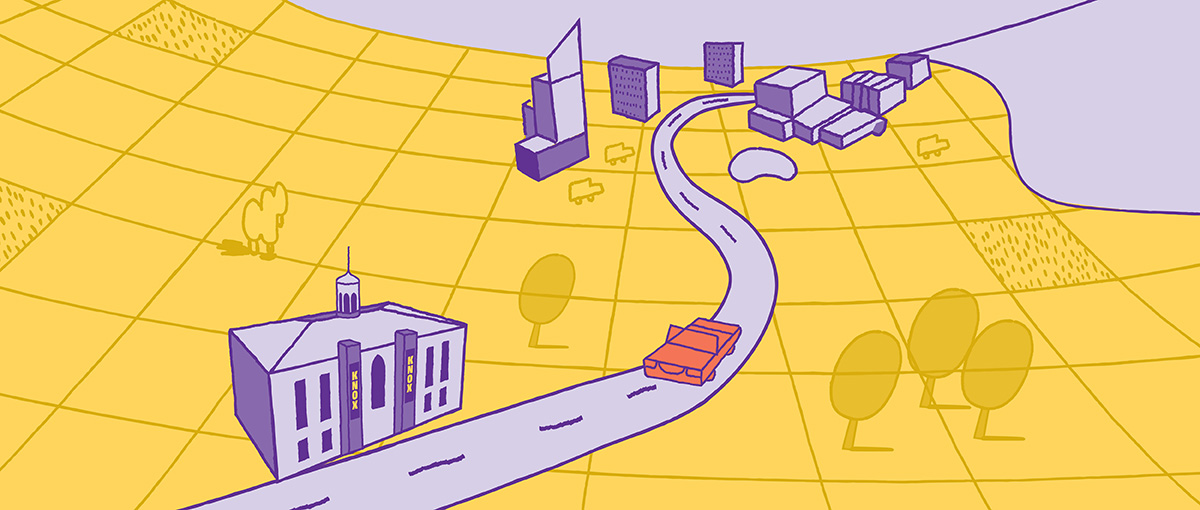

Catherine Denial
At Knox Since: 2005
Burkhardt Distinguished Chair in History
Denial’s research focuses on marriage in Minnesota before 1850, particularly as a means of understanding gender, sexuality, race, and nation-building in the region.
Why Knox?
I love teaching -- it inspires and motivates me -- so I'd always wanted to work at a place where teaching was valued and supported, and where professors were allowed to be creative. Knox is that place. Here, I get to be part of a community of learners that's always changing and growing, and that delights me. It also gives me enormous satisfaction to work at an institution founded by abolitionists, to know that social justice is at the very heart of what we do.
What is your most memorable moment at Knox?
The students in my Historian's Workshop class last year created 3-D timelines to try and give shape to their thinking about time, space, ethics, and ideas. The class where everyone shared their creations was one of the most amazing classes I've ever had the privilege to be part of, and my students were just as enthralled in each other's work as I was. It was an incredible moment.
Describe your current research/creative work. What is most interesting about this work?
I just finished book about marriage and divorce in Dakota and Ojibwe country (modern-day Minnesota) at the beginning of the 19th century, Making Marriage: Husbands, Wives, and the American State in Dakota and Ojibwe Country. The story that's usually told about westward expansion across the Great Lakes is that Americans showed up and Native communities faded away. My research tells a quite different tale -- that Americans showed up, and Native communities refused to acquiesce to their ideas about morality, marriage, family, and gender. This allowed Native people to prevent Americans from really getting a strong toehold in the region for at least 30 years.

